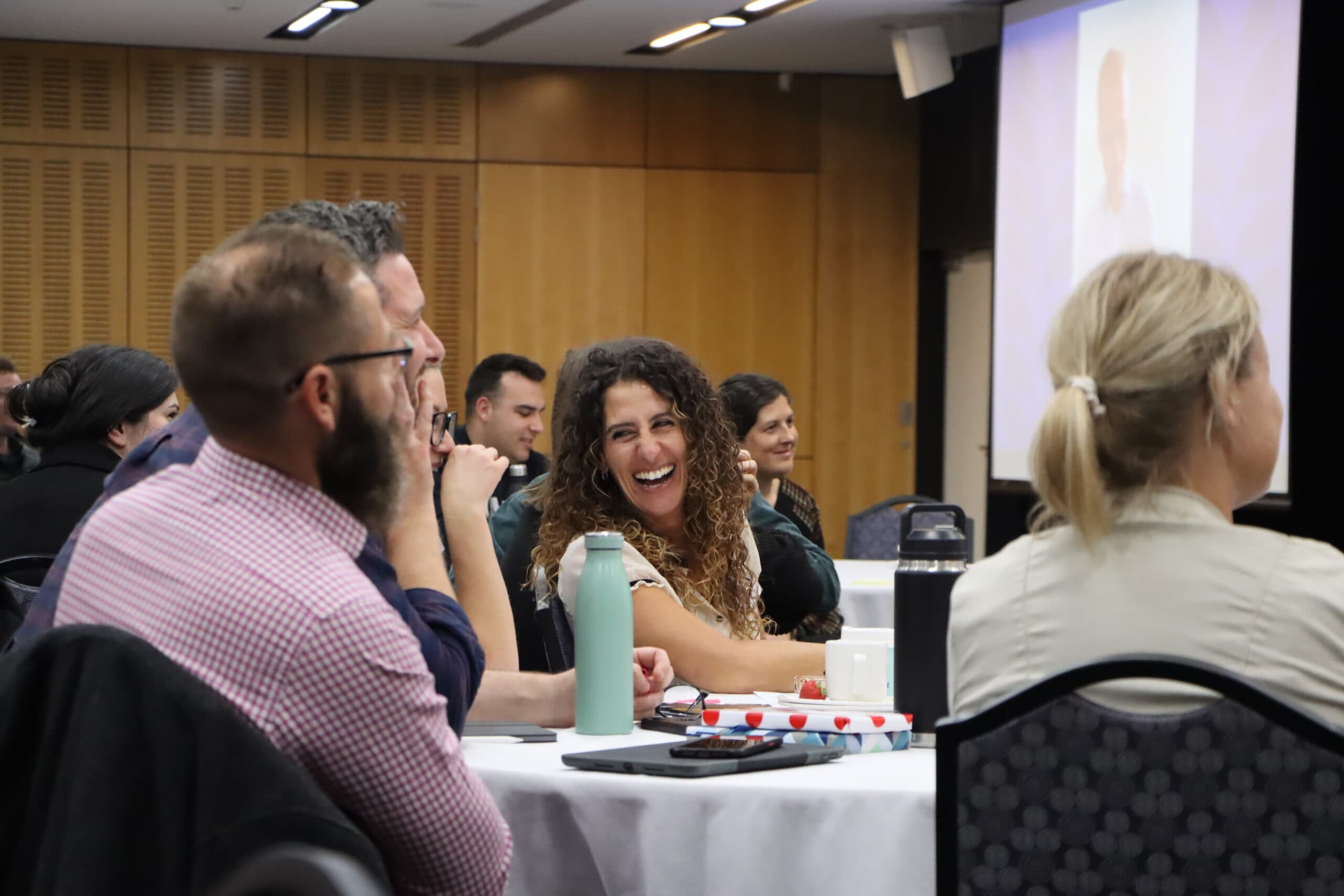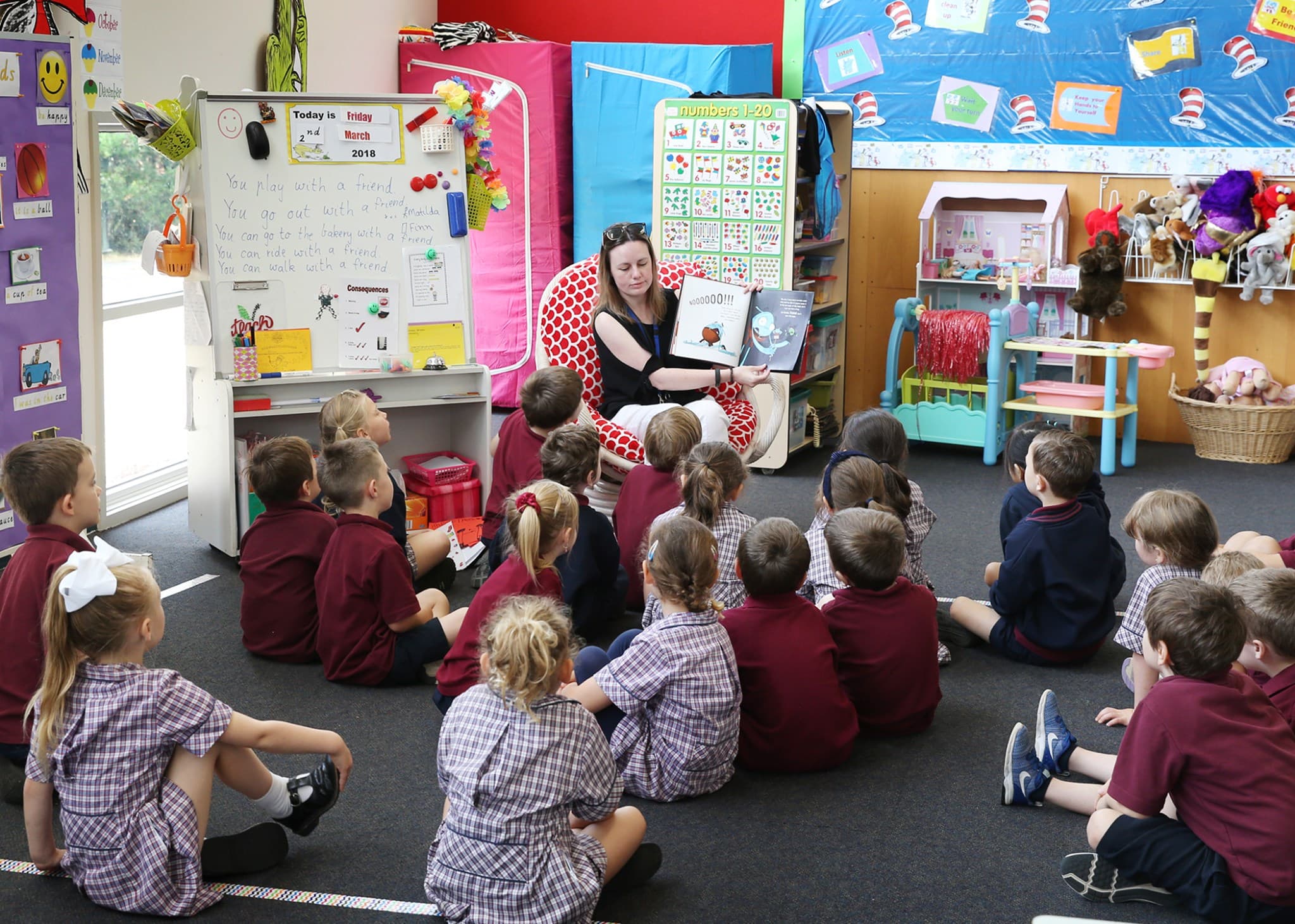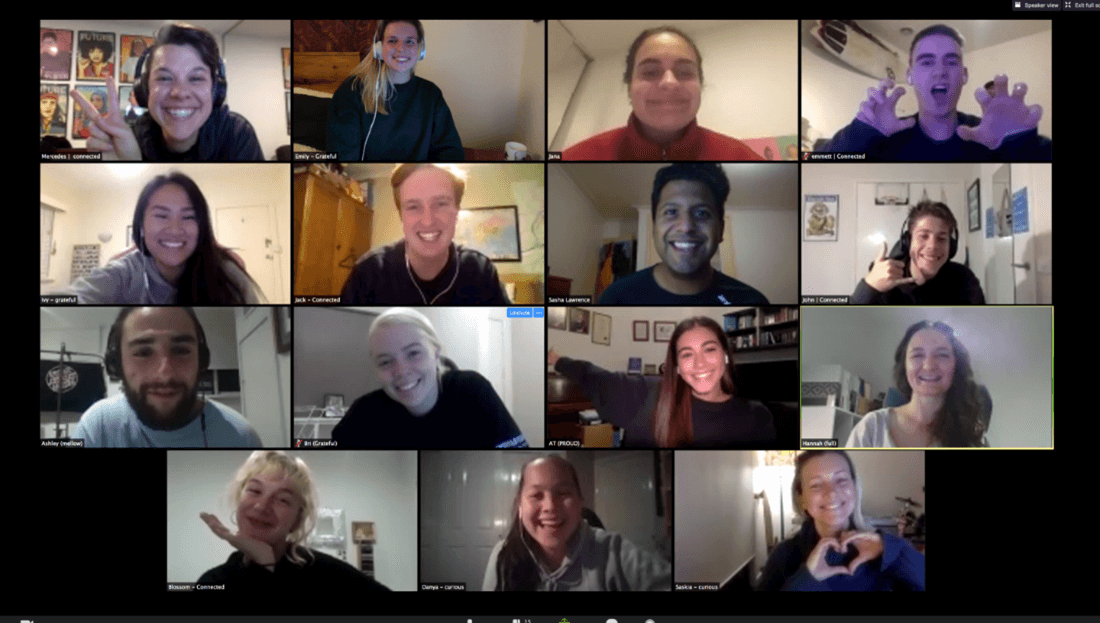A strong, just and sustainable Victoria
Since the Trust was established, over $146 million has been approved in grants to a wide range of Victorian charitable institutions and a diverse range of projects benefiting Victorians.
4965
grants approved
$146.5
million granted
1582
charitable organisations supported
Learn more about the impact of our grant partners.
Reset search & filters
Subject Areas
- all subject areas
- Arts and Culture
- Community
- Education
- Environment
- Health
Years
- all years
- 1983
- 1986
- 1989
- 1993
- 1997
- 2002
- 2003
- 2004
- 2005
- 2006
- 2007
- 2008
- 2009
- 2010
- 2011
- 2012
- 2013
- 2014
- 2015
- 2016
- 2017
- 2018
- 2019
- 2020
- 2021
- 2022
- 2023
- 2024












